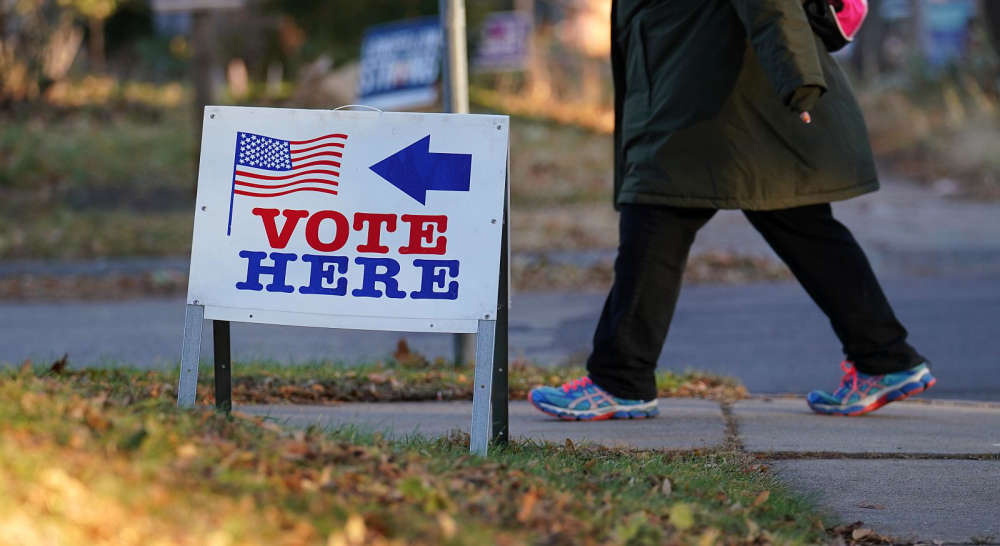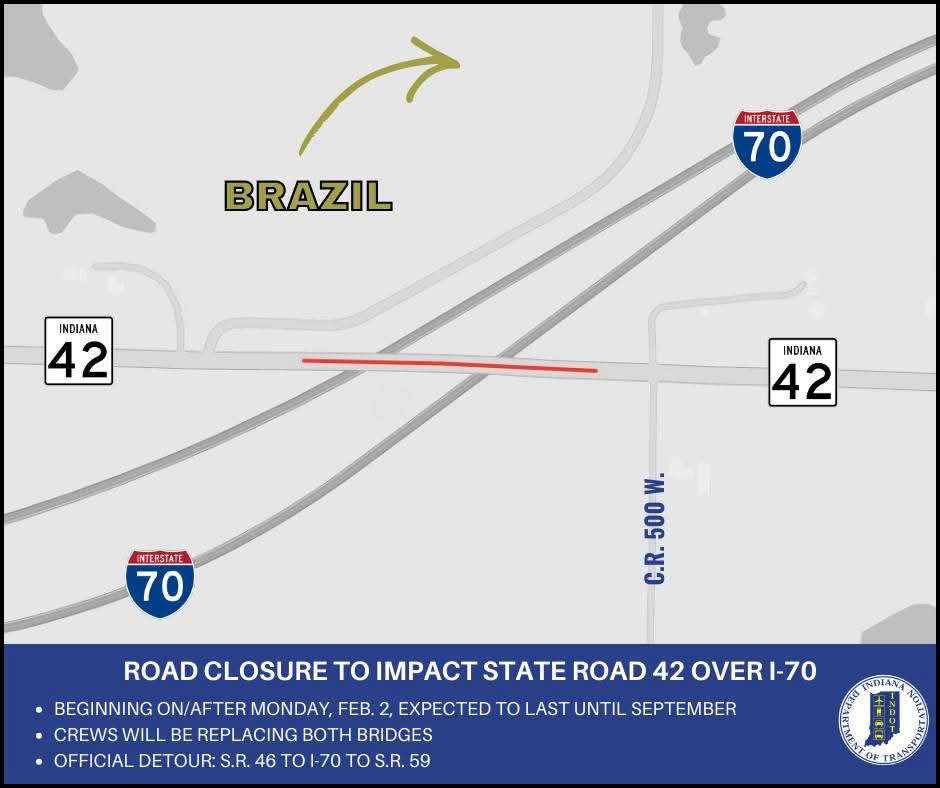
Today, U.S. Senators Todd Young (R-Ind.) and Chris Murphy (D-Conn.) reintroduced the Workforce Mobility Act, bipartisan legislation to limit the use of non-compete clauses that negatively impact American workers. U.S. Senators Tim Kaine (D-Va.) and Kevin Cramer (R-N.D.) co-sponsored the legislation.
About one in five American workers – 30 million people – are constrained by a non-compete clause, which blocks workers from working for a competing employer or starting a competing business. Research indicates that workers trapped by non-competes have lower wages, and their restricted mobility makes it more difficult for businesses to recruit talent. In states where non-competes are enforced, young firms are more likely to die in their first three years compared to states where they are not enforced
“Non-compete agreements stifle growth, career advancement, innovation, and human freedom. Our bill aims to remove these barriers and create opportunities that help, not hinder, Hoosier workers,” said Young. “The reforms in our legislation will assist workers and entrepreneurs so they can freely apply their talents where their skills are in greatest demand.”
“Millions of fast-food workers, security guards, janitors, and health care workers can’t leave their current job for a better one because they’re locked in non-competes. That crushes worker power, reduces wages, and stifles new businesses. The FTC should continue defending its rule to ban non-competes, but Congress should make the policy permanent and pass our legislation to protect workers and support entrepreneurs,” said Murphy.
“Non-compete agreements make it harder for businesses to recruit and hire talent and stifle wage growth for workers,” said Kaine. “I’m proud to join my colleagues in introducing this bipartisan legislation to promote innovation and support American workers.”
“Non-compete agreements stifle innovation and job mobility,” said Cramer. “I am glad North Dakota is a national leader in blocking these inhibitive practices. Our bipartisan bill makes non-competes virtually illegal and puts more power back into the hands of the American worker.”
The Workforce Mobility Act would:
- Narrow the use of non-compete agreements to include only necessary instances of a dissolution of a partnership or the sale of a business;
- Place the enforcement responsibility on the Federal Trade Commission and the Department of Labor;
- Require employers to make their employees aware of the limitation on non-competes, as studies have found that non-competes are often used even when they are illegal or unenforceable. The Department of Labor would also be given the authority to make the public aware of the limitation; and
- Require the Federal Trade Commission and the Department of Labor to submit a report to Congress on any enforcement actions taken.
A one-pager is available HERE.


 Monrovia enters regional clash knowing what to expect
Monrovia enters regional clash knowing what to expect
 Parke Heritage embraces 'underdog' role in upcoming regional
Parke Heritage embraces 'underdog' role in upcoming regional
 Several contested races await Parke County voters
Several contested races await Parke County voters
 ISP protect Hoosier kids from online predators
ISP protect Hoosier kids from online predators
 Indiana BMV to offer Disability Blackout plate
Indiana BMV to offer Disability Blackout plate
 U.S. Postal Service to observe Presidents Day, Feb. 16
U.S. Postal Service to observe Presidents Day, Feb. 16
 SW Parke identifies 'Big Five' themes for Revision Project
SW Parke identifies 'Big Five' themes for Revision Project
 Lucas Oil named title partner of 500 Festival Parade
Lucas Oil named title partner of 500 Festival Parade
 Applications open for new United Way of Central Indiana initiative to build community solutions
Applications open for new United Way of Central Indiana initiative to build community solutions
 Utilities District of Western Indiana REMC announces increases over next three years
Utilities District of Western Indiana REMC announces increases over next three years
 Fountain County man arrested on sex crime charges, Parke County investigation remains
Fountain County man arrested on sex crime charges, Parke County investigation remains
 Friday is National Wear Red Day
Friday is National Wear Red Day
 Vermillion County DCS worker facing felonies
Vermillion County DCS worker facing felonies
 One week left to file for office in Indiana
One week left to file for office in Indiana
 Bridge closures to impact State Road 42 over I-70 in Clay County
Bridge closures to impact State Road 42 over I-70 in Clay County
 Road renaming resolution co-authored by Criswell to honor Bobby Knight passes House
Road renaming resolution co-authored by Criswell to honor Bobby Knight passes House
 Thrive West Central to host Utility Workshop
Thrive West Central to host Utility Workshop
 Greene Realty continues to grow
Greene Realty continues to grow




